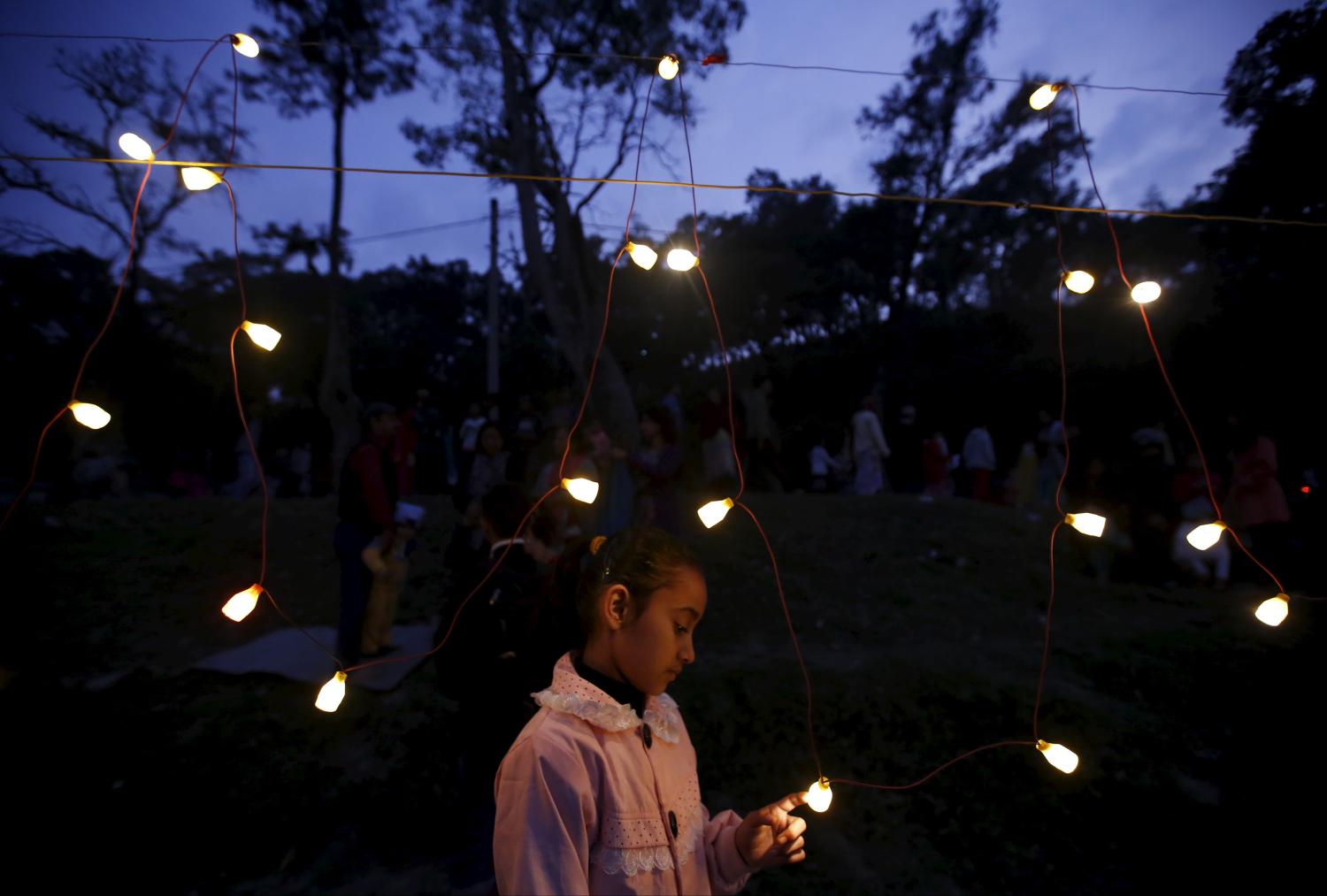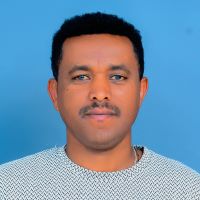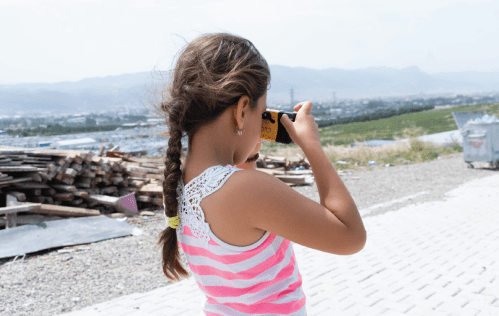Globally, girls with disabilities continue to be one of the most excluded groups in education. The United Nations estimates that the global literacy rates for girls with disabilities is no more than 1%, which suggests that the vast majority of girls with disabilities do not receive formal education. Education is not only a fundamental human right in itself, but is also an indispensible means of realizing other human rights. Without access to education, therefore, girls with disabilities are denied the opportunities to enjoy other fundamental human rights.
In Tigray, Ethiopia, high levels of poverty, gender-based discrimination, and the impact of recent conflicts have exacerbated the exclusion of girls with disabilities. The extent to which inclusive education in the Tigray region was impacted by the conflict that broke out in November 2020 between the Ethiopian federal government and their allied forces and the Tigray Liberation Front is not yet fully understood.
A 2023 study on the humanitarian situation in Tigray found that factors such as stigma, financial constraints, physical inaccessibility, and general inattention to educational inclusiveness hinder access to school enrollment and participation of young people with disabilities.
This study begins to outline the challenges faced by girls with disabilities and their families as they navigate the post-conflict context. Yet many questions remain. In addition to the lack of information on inclusive education, we are still missing information that explores the intersections of gender and disability in this post-conflict setting. During the war, conflict-related sexual and gender-based violence (CR-SGBV) was among the crimes committed on women and girls, yet research and investigations on conflict-related sexual violence have failed to look at the possible impact of egregious CR-SGBV on girl’s inclusive education.
Generally, there is a dearth of research identifying the factors and mechanisms that encourage and hinder access, learning, and participation of girls with disabilities in conflict and post-conflict situations. Furthermore, the effectiveness of the policy and legal framework in Tigray has not been thoroughly investigated. Policies and laws cannot be enhanced and strengthened unless research is undertaken that investigates how policy and legal frameworks as well as mindsets and practices of actors across the education system affect access, learning, and participation in education of girls with disabilities.
As a 2024 Echidna Global Scholar at the Center for Universal Education at Brookings, I will conduct research on how policy and practice can more effectively ensure inclusive education for girls with disabilities living in poverty and conflict-affected situations in Tigray. I plan to describe the current policy framework for inclusive education of people with disabilities in Tigray, explore factors that support and hinder the inclusion of girls with disabilities and identify potential solutions. Specifically, I hope to explore the intersections between disabilities, gender, poverty, and conflict in education inclusion (and exclusion), and their importance for policy and practical intervention.
Conducting research on these critical issues in Tigray will help provide legal and policy recommendations for inclusive education to ensure access, learning, and participation of girls with disabilities. The research will also shed light on the impact of gender-based violence on inclusive education and explore the potential for interventions in this area, including from free legal aid providers and justice organs. The main objective of my research is to support change on the ground by helping policy makers, educators, young people and their families and community organizations and leaders transform exclusionary educational policy and practices into inclusive policy and practices, and thereby ensure that girls with disabilities in conflict settings can fully exercise their human rights.
Photo source: GPE/Kelley Lynch via Flickr, CC BY-NC-ND 2.0
The Brookings Institution is committed to quality, independence, and impact.
We are supported by a diverse array of funders. In line with our values and policies, each Brookings publication represents the sole views of its author(s).





Commentary
From exclusion to inclusion: The need for improved education policies for girls with disabilities in Tigray
September 5, 2024